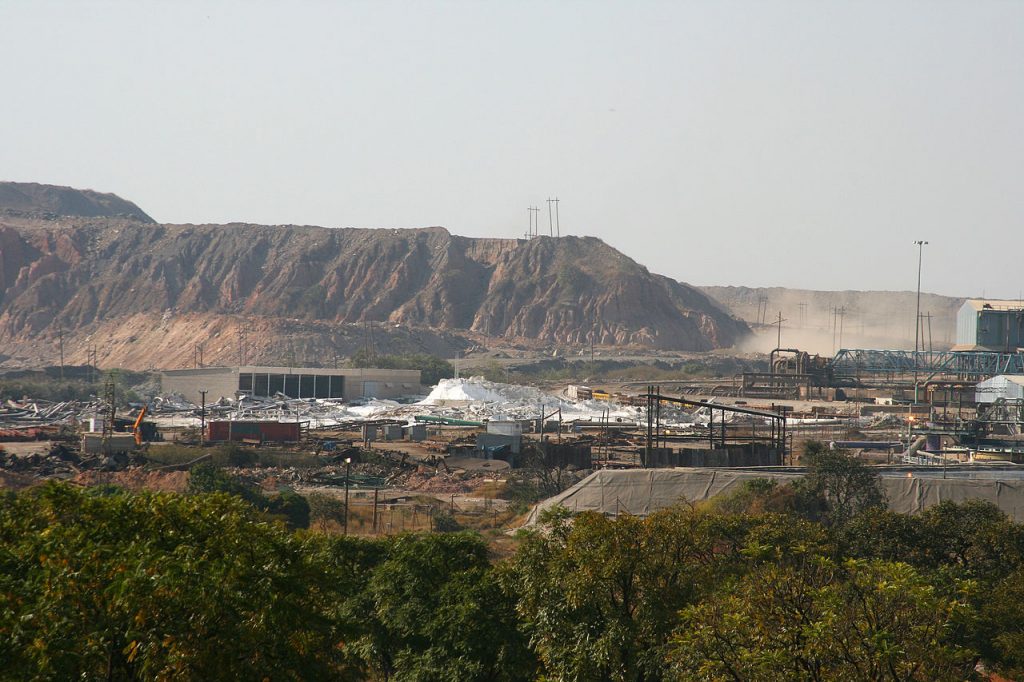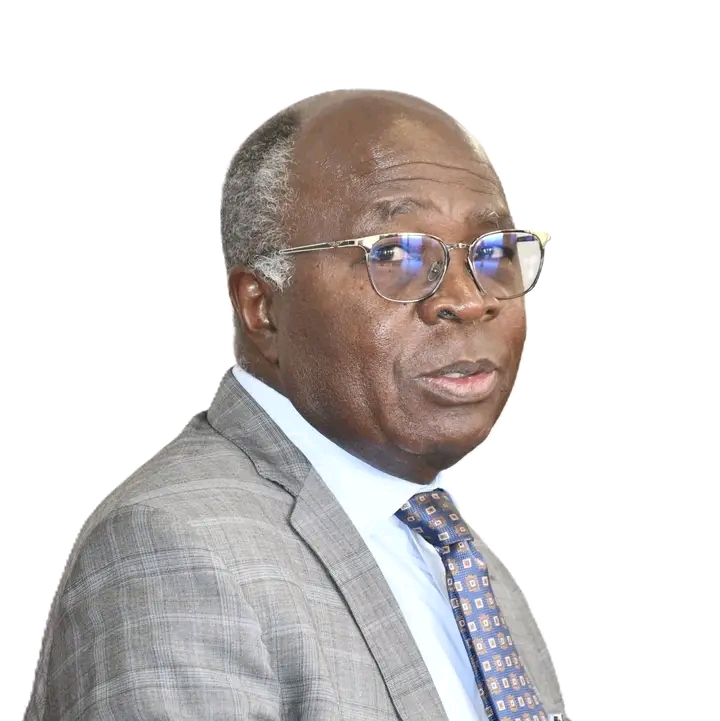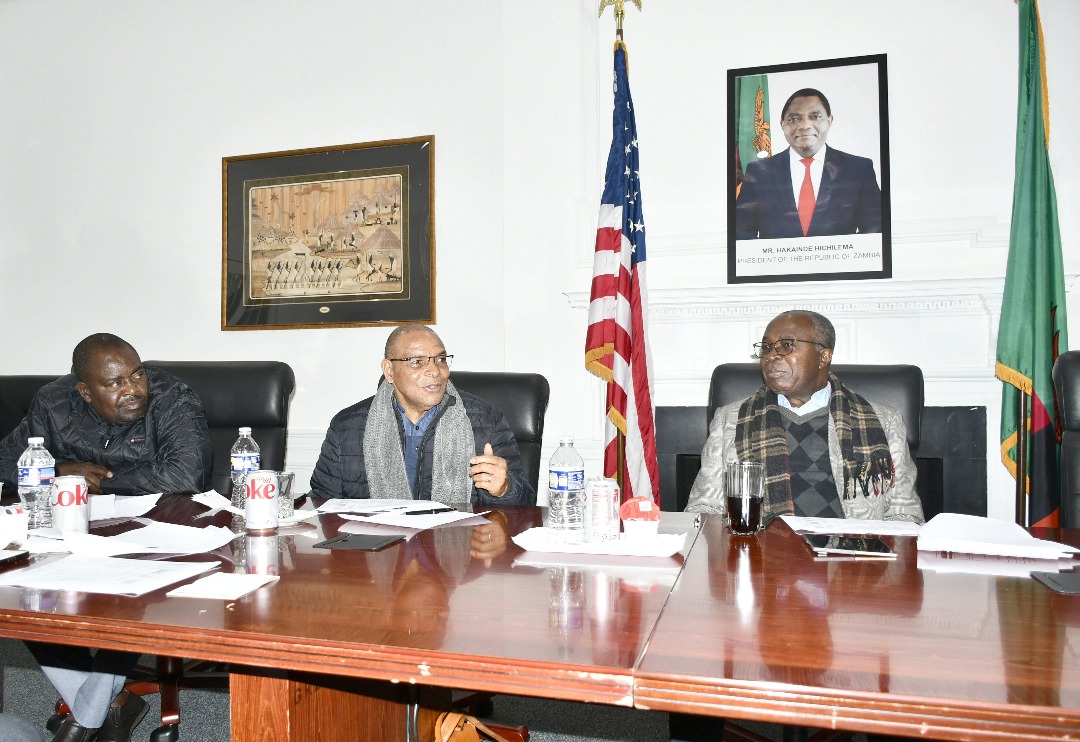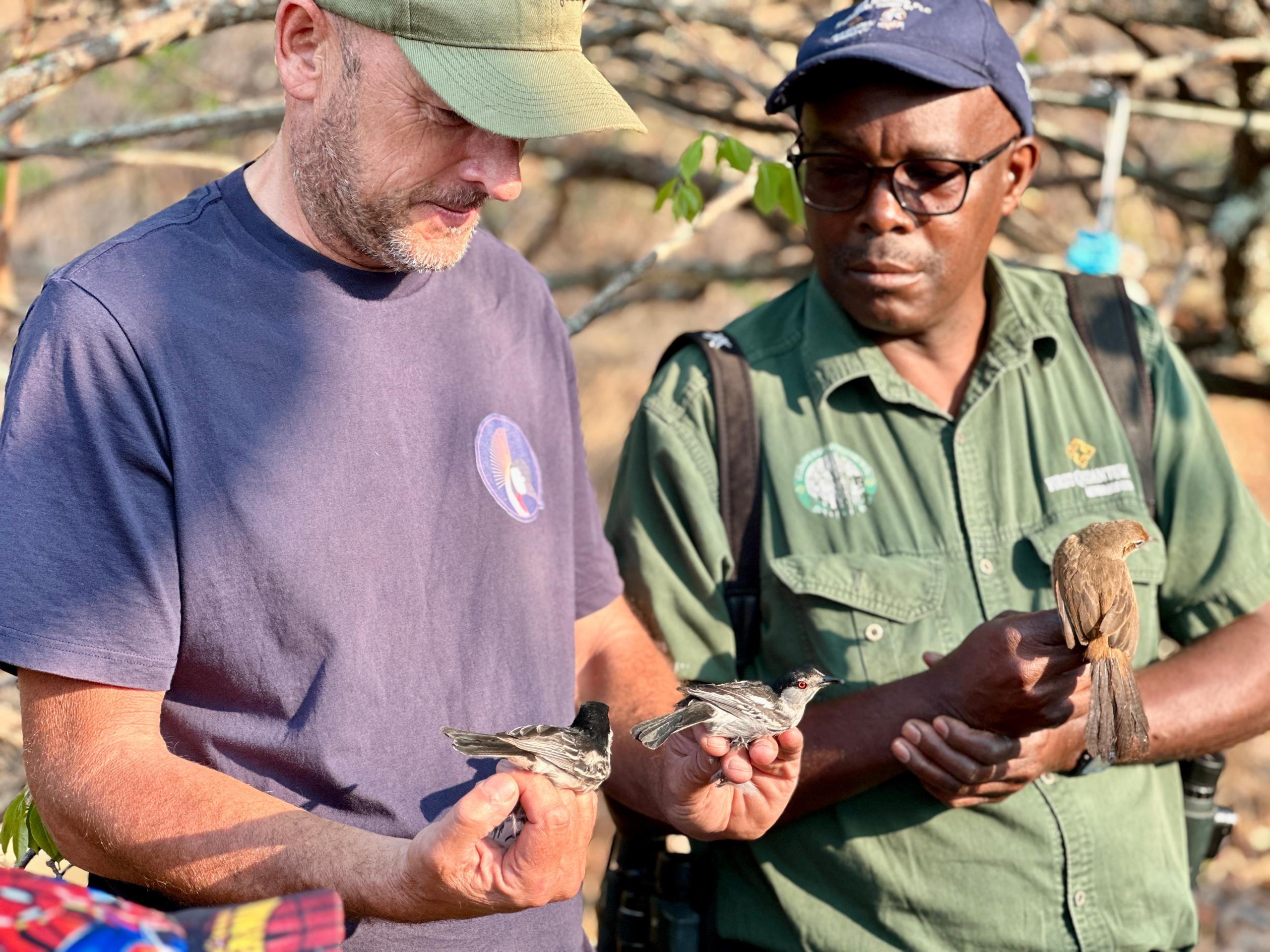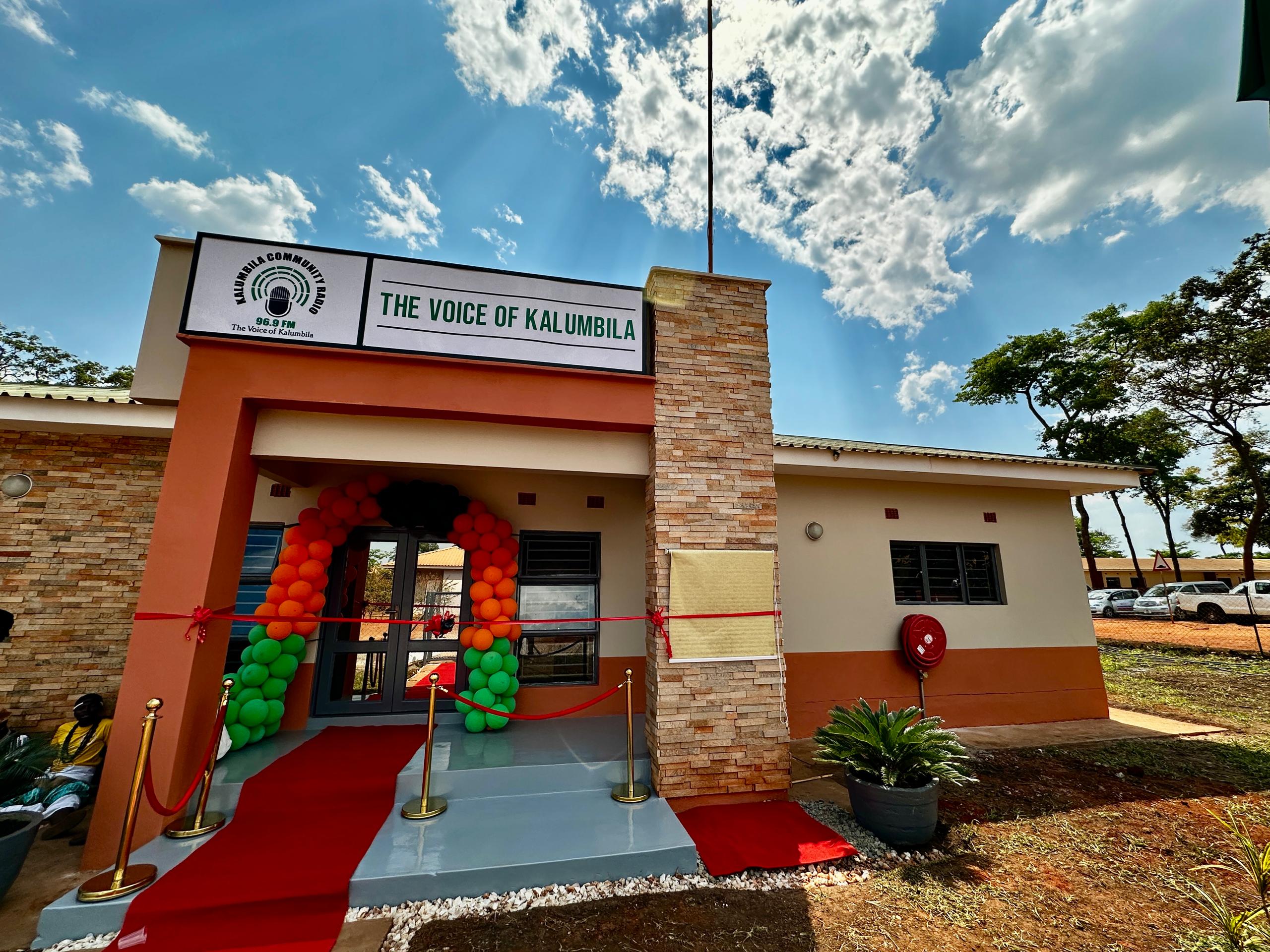Zambia’s copper output will fall by more than 10% this year to the lowest in 14 years in what would be a significant blow to the southern African country’s revenue and economic growth.
Copper production, which accounts for more than 70% of export earnings, will plunge to 682,431 tons, the Ministry of Finance & National Planning said in a report this week. That would be the lowest level since 2009, and marks the third straight year of declining output after peaking in 2020, even as prices remain elevated for the metal.
The slide will hit growth, which the finance ministry sees slowing to 2.7% this year from 4.7% in 2022. Mineral royalty collections were 23% of the target in the first half of the year. It’s also another hurdle to the government’s ambitions to boost annual output to three million tons by 2031.
The drop in copper output comes as Zambia struggles to restructure its external debt since becoming Africa’s first pandemic-era sovereign defaulter in 2020. Last month, it reached a breakthrough deal with bilateral creditors led by China and France to revamp $6.3 billion in loans.
Weather-related shocks and weaker copper revenues, including due to the production shortfalls, pose the biggest risks to Zambia’s economy, according to an International Monetary Fund report published this month. President Hakainde Hichilema’s government has struggled to find solutions for two major copper complexes, after his predecessor clashed with their owners and took them over.
Resolving troubles at Mopani Copper Mines Plc and Vedanta Resources’ Konkola Copper Mines that’s been under provisional liquidation for more than four years could both “boost copper and cobalt production significantly,” the IMF said. Mopani has struggled since the government bought it from Glencore Plc through a majority state-owned company more than two years ago.
Canada’s First Quantum Minerals Ltd. accounts for more than half of Zambia’s copper output.
Zambia’s Ministry of Mines & Minerals Development didn’t respond to requests for comment.
(By Taonga Mitimingi and Matthew Hill)




